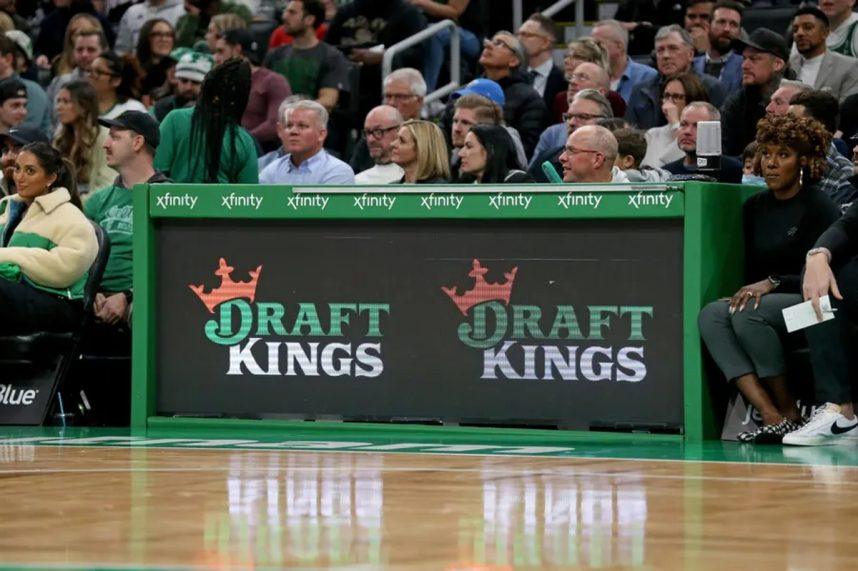Americans Increasingly Embracing Gambling, Trade Group Claims

Posted on: August 28, 2024, 01:41h.
Last updated on: August 28, 2024, 02:11h.
Ahead of Responsible Gaming Education Month in September, the American Gaming Association (AGA) reports that the public continues to embrace the perpetual expansion of gaming options in the United States.

The AGA recently commissioned Kantar, a London-based market research firm, to dive into consumer sentiments regarding gambling in the United States. Kantar surveyed approximately 2,000 registered voters aged 21 and over, and found that a majority of the public continues to embrace casinos and sports betting as acceptable forms of entertainment.
Among new high-water marks in consumer sentiments is that 75% of Americans believe the legal, regulated gaming industry “behaves responsibly.” About nine in 10 view sports gambling as a viable form of entertainment, and three in four support allowing people to bet legally on sports in a controlled environment.
“These latest survey results highlight a consistent trend over the years: as gaming expands to new audiences, Americans increasingly see the benefits of a legal, regulated gaming marketplace that contributes to communities, prioritizes responsibility, and provides unmatched entertainment,” said Joe Maloney, the AGA’s senior vice president of strategic communications.
The AGA is a trade group that represents the interests of the commercial and tribal gaming industries in Washington, DC, and state capitals across the country.
Industry Talking Points
The Kantar study concluded that Americans’ attitudes toward legal gambling continue to improve, with the public today more supportive of casinos and sportsbooks than just several years ago.
The gaming industry’s responsibility efforts are stronger than ever, and consumers are noticing,” continued Maloney. “As we embark on another Responsible Gaming Education Month [in September], we’re more energized than ever to continue our work to give consumers the legal, safe and fun gaming experiences that they want and deserve.”
About 65% of those polled said they think the gaming industry is committed to and encourages responsible participation, a notable rise from 55% of those polled last year. Among those who said they gamble, more than eight in 10 said the industry is focused on safeguarding players from gambling irrationally.
Contrasting Studies
The AGA has its motivations for flaunting such seemingly strong data points. The AGA is dedicated to supporting the many gaming companies it counts as members, and persistently works to improve the public’s perception of gambling.
Other studies on the impact of gaming’s expansion in the US have reported more concerning data. Earlier this month, researchers at the University of California Los Angeles (UCLA) and the University of Southern California (USC) reported that the ongoing growth of sports betting in the US could be responsible for declining credit scores across multiple demographics.
The UCLA/USC probe concluded that “legal sports gambling does worsen consumer financial health.” The California academics also reported that in states with online access to gambling, whether they be internet sportsbooks or online casinos, the likelihood of someone filing for bankruptcy is roughly 28% higher than in non-online gaming states.
A separate study from the University of San Diego’s Rady School of Management issued in July found that online gambling disproportionately impacts low-income households.
Related
Sports Betting Giant Flutter Forecasts Strong U.S. Growth To Drive…
Flutter CEO Peter Jackson.Courtesy of Flutter Entertainment Flutter Entertainment, the world’s largest online gambling company, said that it’s expecting str
BetBlocker Enters US Responsible Gambling Market
The charity, originally from the UK, launched a US unit, BetBlocker US, as part of its North American entry. The organiz
Viewers react to ’embarrassing’ JD Vance comment toward Zelenskyy as…
Social media users watching clips of the heated meeting between President Donald Trump, Vice President JD Vance and President Volodymyr Zelenskyy have called a
Ukraine latest: Zelensky urges Trump to stand ‘more firmly on…
We have Zelensky's statement in full Below, we have Ukrainian president Volodymyr Zelensky’s statement in full after touching down in the UK following a fiery













